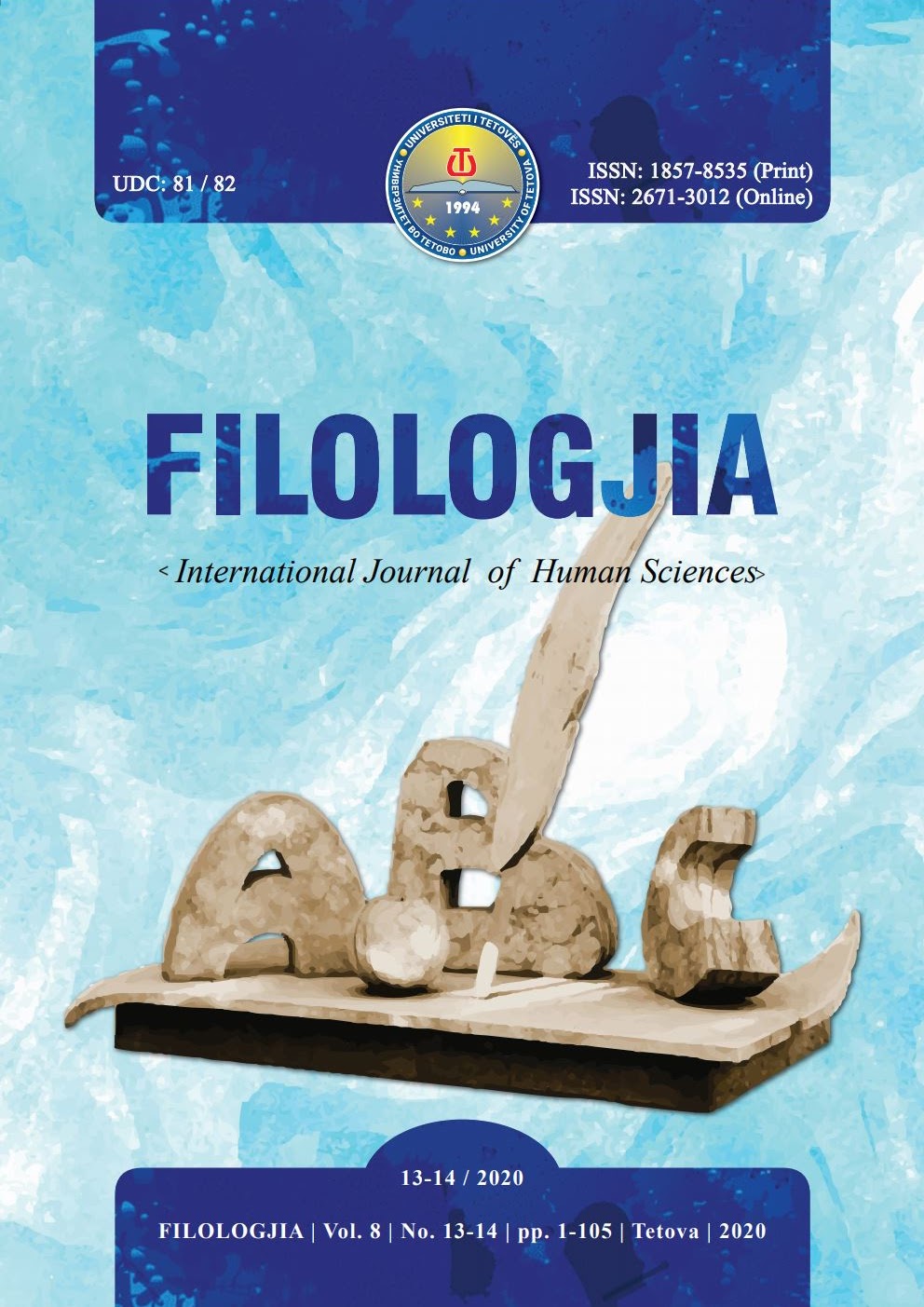PARADIGMAT” PSIKOLOGJIKE TË RRËFIMIT, NË VEPRËN DISTOPIKE“RRËFENJA E SHËRBETORES
PSYCHOLOGICAL STORY IN THE DYSTOPIC WORK, THE STORY OF THE SERVANT
Author(s): Fajtona AbdullahiSubject(s): Studies of Literature, Albanian Literature
Published by: University of Tetova
Keywords: utopia;dystopia;feminism;misogyny;totalitarianism;theocracy;power;knowledge;language;
Summary/Abstract: The research approach of dystopian novels focuses on analyzing the totalitarian systems, the incompetent government leaders, the ignorance camouflaged by the superficial knowledge, the misogyny, the role of the family from the female perspective as human being and social factor, and the delusion of the dehumanized society tempted by the utopian dreams of the future. Due to the highly philosophical analysis of a dystopian literary work or even a seemingly utopian social phenomenon, setting boundaries between dystopia as a universal term and dystopia as a literary genre is a challenge that cannot be entirely overcome. However, an approach to feminist dystopia contributes to the identification of the utopian-dystopian dichotomy, not only in terms of gender inequality, but also in political and social terms. Both utopian and dystopian novels have the same function which is showcasing a society where certain principles and ideologies represent power and freedom. This means that utopia or dystopia cannot be identified without referring to the reader's point of view and that the differences are associated with the role of individuals in society. Thus, what constitutes a utopia for one person may be another person's dystopia, as the rules within society are mainly the same, but still differ in the way stability is maintained, happiness is given, and suffering is removed.
Journal: FILOLOGJIA - International Journal of Human Sciences
- Issue Year: 8/2020
- Issue No: 13-14
- Page Range: 33-37
- Page Count: 5
- Language: Albanian

